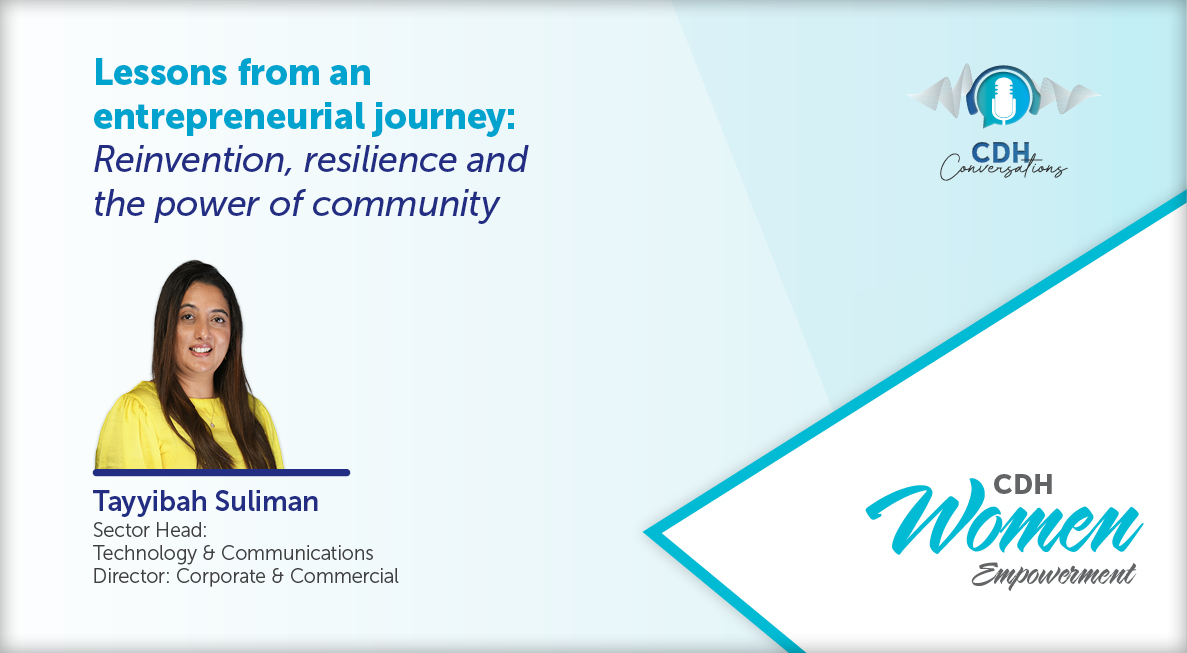The importance of record keeping from both a lending and recovery perspective
In the banking environment, the most common situation for a suretyship to be concluded is when a business is in need of an overdraft or finance for new equipment. The bank would agree to provide the funds to the business on condition that a member or shareholder of the business stands surety for the debts of the business. An omnibus of suretyships is often created where companies in a group stand surety for each other together with directors. The estates or financial positions of each surety and the principal debtor are interrelated and often the fall of one leads to the fall of another.
When the time comes, the bank will rely on its suretyships, or any other tangible security it might have had, to recover what it could not from the principal debtor.
In the case of Ndubu v First Rand Bank t/a Wesbank (1113/2016) [2017] ZASCA 61, Wesbank financed trucks and trailers for Sizwe Personal Service (Pty) Ltd. As security, it held four suretyships by the directors and related entities. Sizwe placed itself into liquidation, which resulted in the liquidator authorising Wesbank to sell the vehicles on auction. After reconciling the amount received on auction against the indebtedness, Wesbank turned to the sureties for the shortfall. The Johannesburg High Court granted judgment in Wesbank’s favour ordering the sureties to pay the shortfall of just under R700,000 plus interest.
The sureties took this judgment on appeal, raising various defences. The crux of their discontent was that Wesbank had allegedly rejected three offers and instead auctioned the vehicles. One such offer was made by a surety. If Wesbank had accepted the offers the shortfall for which the sureties were now being held liable would either not exist or have been reduced.
The sureties attempted to be released from their suretyship obligations on the grounds of prejudice suffered because Wesbank had breached its obligations, such as its obligation to mitigate its loss when realising the vehicles. The appeal court found it unnecessary to look into this legal position and dispensed with the case on a factual enquiry.
The court looked at the fact-based evidence and held that the first offer was withdrawn, the second offer was subject to finance which was not approved and the third offer came too late, being after the vehicles had been auctioned. The appeal was accordingly dismissed.
From the judgment, it is clear that Wesbank had maintained good records of the offers and communication with the client and with the liquidator. This documentary evidence, supported by the testimony of the liquidator and a Wesbank employee, clearly lead to the path of recovery.
Processes and record keeping such as KYC, credit assessments, data sweeps, valuations, system notes are not only important on the lending end but also on the recovery end. The importance of such systems becomes clear when fighting allegations with the use of documentary evidence. To Wesbank’s credit, they were able to show, as the judge put it, the “genuineness, rationality and reasonableness of their decision making”.
This time the sureties’ estates were shaken and possibly undone, as the judgment for payment stands.
The information and material published on this website is provided for general purposes only and does not constitute legal advice. We make every effort to ensure that the content is updated regularly and to offer the most current and accurate information. Please consult one of our lawyers on any specific legal problem or matter. We accept no responsibility for any loss or damage, whether direct or consequential, which may arise from reliance on the information contained in these pages. Please refer to our full terms and conditions. Copyright © 2026 Cliffe Dekker Hofmeyr. All rights reserved. For permission to reproduce an article or publication, please contact us cliffedekkerhofmeyr@cdhlegal.com.
Subscribe
We support our clients’ strategic and operational needs by offering innovative, integrated and high quality thought leadership. To stay up to date on the latest legal developments that may potentially impact your business, subscribe to our alerts, seminar and webinar invitations.
Subscribe



